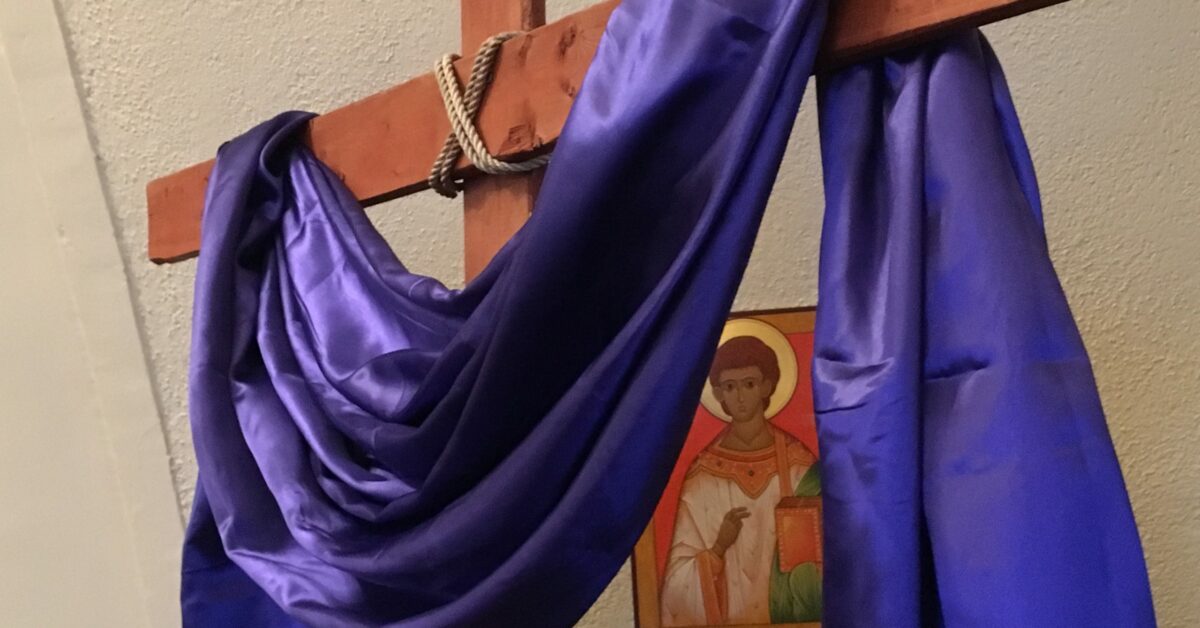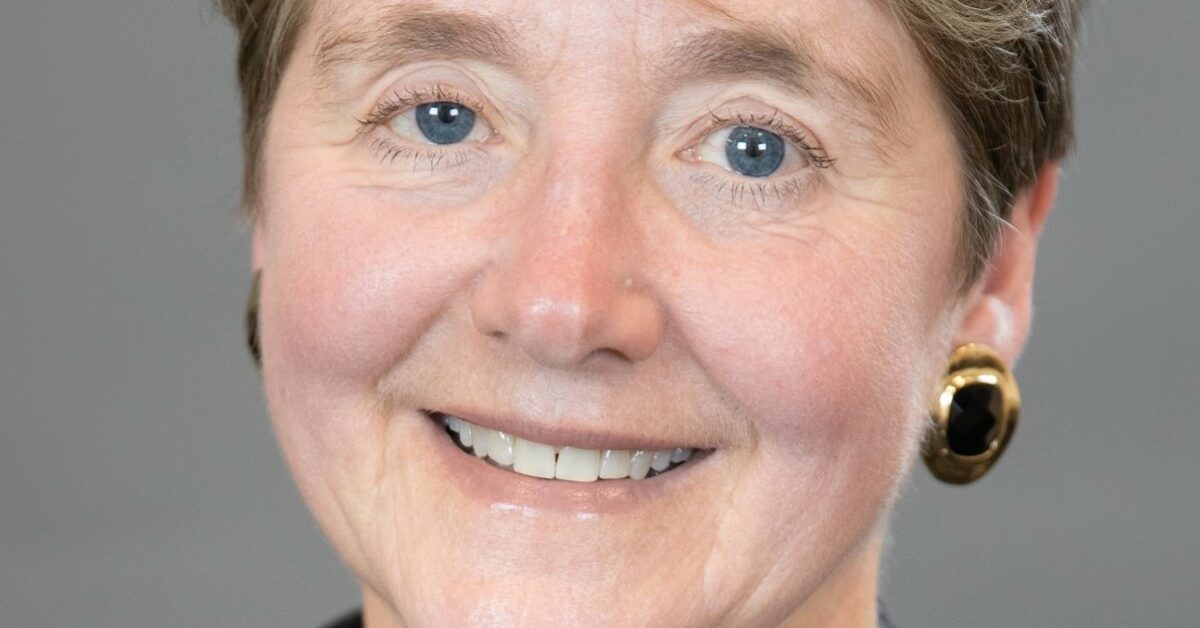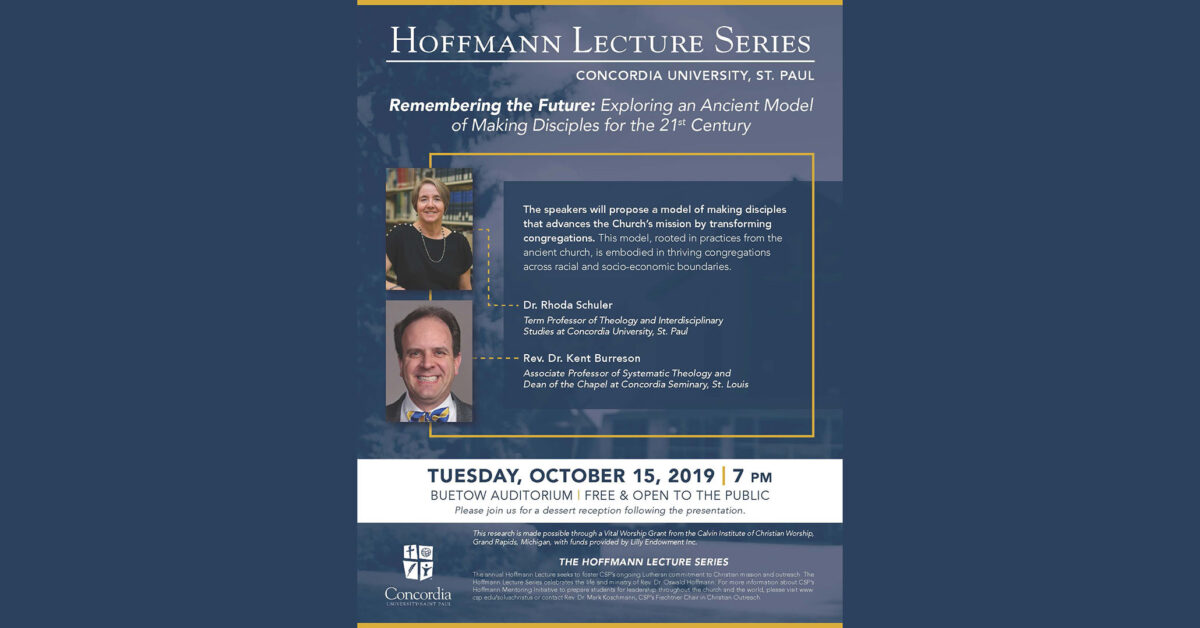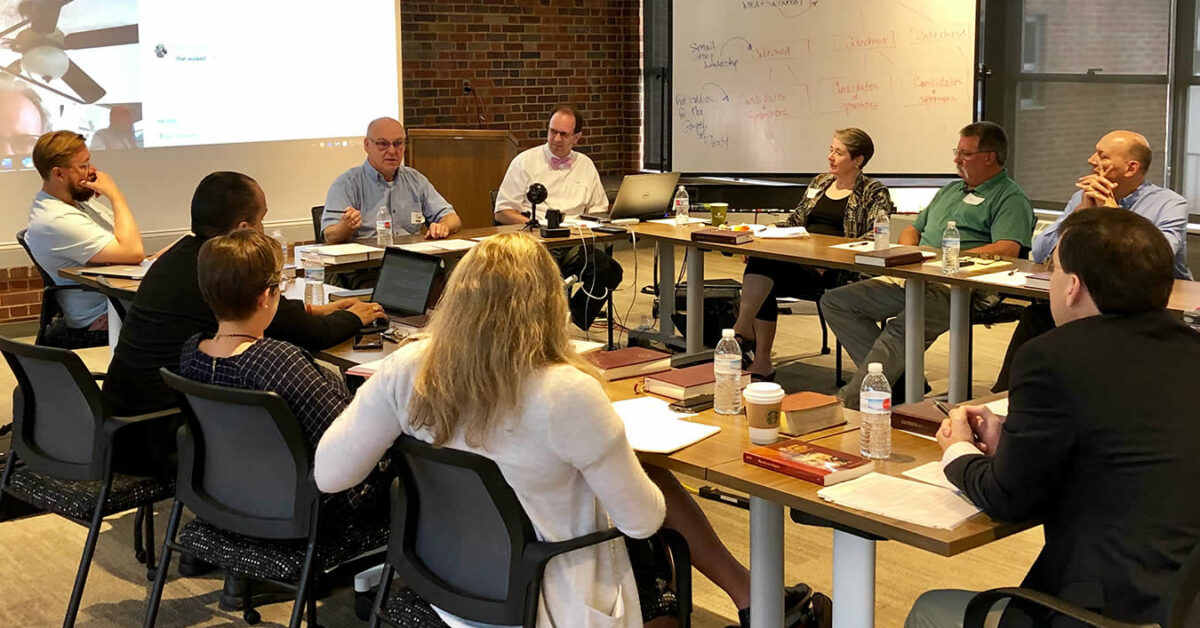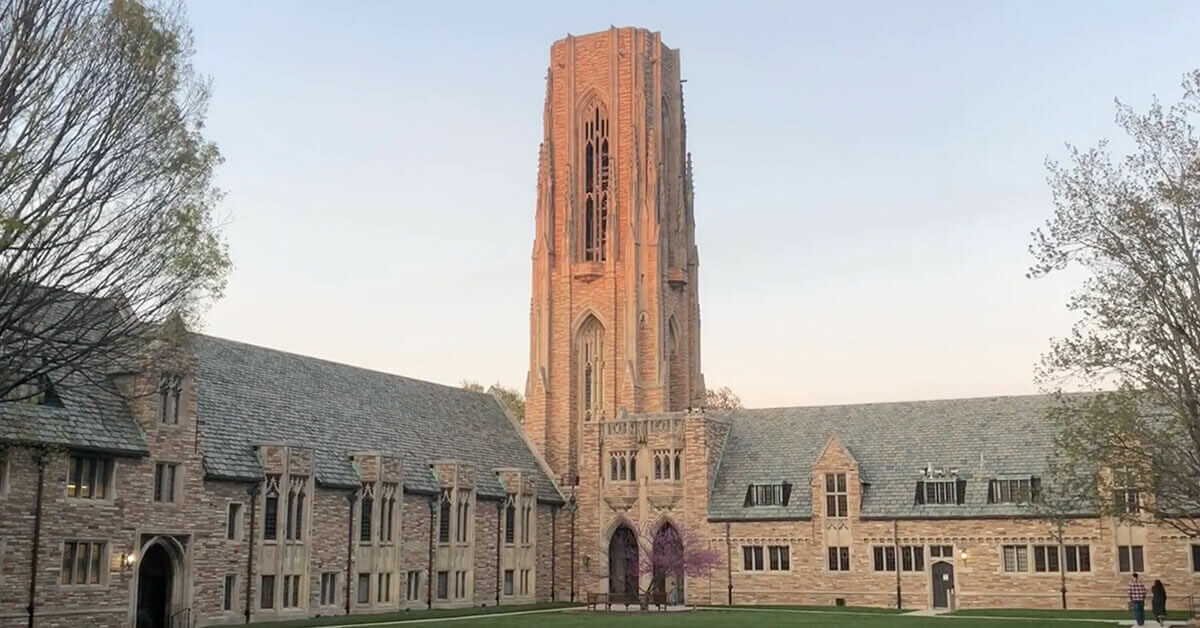In November 2019 Dr. Rhoda Schuler, faculty member in the Department of Theology and Ministry, received word from the Calvin Institute of Christian Worship (CICW) that she was awarded a Teacher-Scholar grant for 2020-2021. Schuler’s grant from CICW builds on a Vital Worship grant that Dr. Kent Burreson of Concordia Seminary, St. Louis, received in 2019-20 (Dr. Schuler served as co-director of that grant), and the two scholars did ethnographic research at four Lutheran congregations in the U.S. with a strong adult faith formation process.
For the current Teacher-Scholar grant, the research partners envisioned sharing the results of that initial research with the wider church through small, face-to-face conferences in different parts of the country built around interactive presentations and hands-on workshops on Christian worship practices, but then the Pandemic hit. “When the CSP campus closed in mid-March and classes moved to online delivery, I was conflicted. I had been so thrilled to be a grant recipient and relished the opportunity to share our research with other LCMS pastors and church leaders, but I wasn’t ready to think creatively about other means to share what we had learned,” Schuler said.
By May Dr. Schuler and Dr. Burreson began to re-imagine ways of achieving a central goal of the grant, “to equip Lutheran pastors and laity to strengthen adult catechumenal processes in their congregations,” in the current reality. In a Zoom consultation with the pastors of the congregations where they did their initial research, Schuler and Burreson were inspired to rethink the original plan to share the fruits of their research. Each of the pastors, as they collaborated about reshaping the conference, spoke eloquently of life in their parishes since the onset of the Pandemic.
As one pastor noted, the church “has been through pandemics before”—referencing the extraordinary response of early Christians, who cared for plague victims as others fled, and of Luther’s writing on the subject during an outbreak of the bubonic plague in the sixteenth century. Christians have had centuries to practice loving our neighbors in difficult times. Another commented that through the adult faith formation process at his congregation “people were trained and prepared for this”—the unprecedented changes that permeated all of life—by the way in which the catechumenate integrated the Christian faith into the daily lives of people.
As a result of this inspiring interchange with these grant collaborators, Schuler and Burreson have embraced an online delivery method with much greater involvement by the parish pastors, the true “experts” on adult faith formation. As Dr. Burreson observed, “The process of faith formation, like so many other things, is caught as much as it is taught,” Dr. Burreson said. “Part of our intention with these workshops was to allow people to catch these pastors’ passion and investment in faith formation. An online conference has in no way diminished our hope that participants will be able to catch the vision.”
Each year in June the Calvin Institute of Christian Worship hosts a gathering for its grant recipients at Calvin University in Grand Rapids, Mich. Like so many other major gatherings planned for spring and summer 2020, this conference also became a virtual event. As each of the teacher-scholars spoke briefly about their project, a common theme emerged, all were in the process of changing plans and rethinking how to accomplish the goals of their research during the Pandemic. Because of the re-imagining Schuler and Burreson started in May, Dr. Schuler was able to report to CICW and her fellow teacher-scholars with enthusiasm about their revised plan.
The dates for the first virtual event, “Treasures Old and New: A Conference on Adult Faith Formation,” are October 20-22, 2020. For more information, visit the webpage https://forminglutherans.org/.
Each of the 15 teacher-scholar grants funded by the Calvin Institute of Christian Worship was awarded to scholars integrating research that connects worship with other disciplines of study and practice and is intended to advance the flourishing of Christian public worship practices. Kathy Smith, leader of the Vital Worship Grants Team, said, “We are delighted to join with these distinguished scholars to explore the ways that scholarship in different fields can contribute to the deepening of worship practices in congregations. We were grateful for a number of excellent proposals and are eager to facilitate their learning and ours, regarding worship across North America.”
This year’s recipients include scholars at five research universities, seven seminaries, and two regional Christian colleges, representing ten states. All programs are made possible through a Vital Worship Grant from the Calvin Institute of Christian Worship, Grand Rapids, Mich., with funds provided by Lilly Endowment Inc.
Links:
https://worship.calvin.edu/
https://forminglutherans.org/
https://www.csl.edu/2018/06/concordia-seminary-receives-worship-grant/
https://www.csl.edu/2019/08/capstone-worship-grant/

